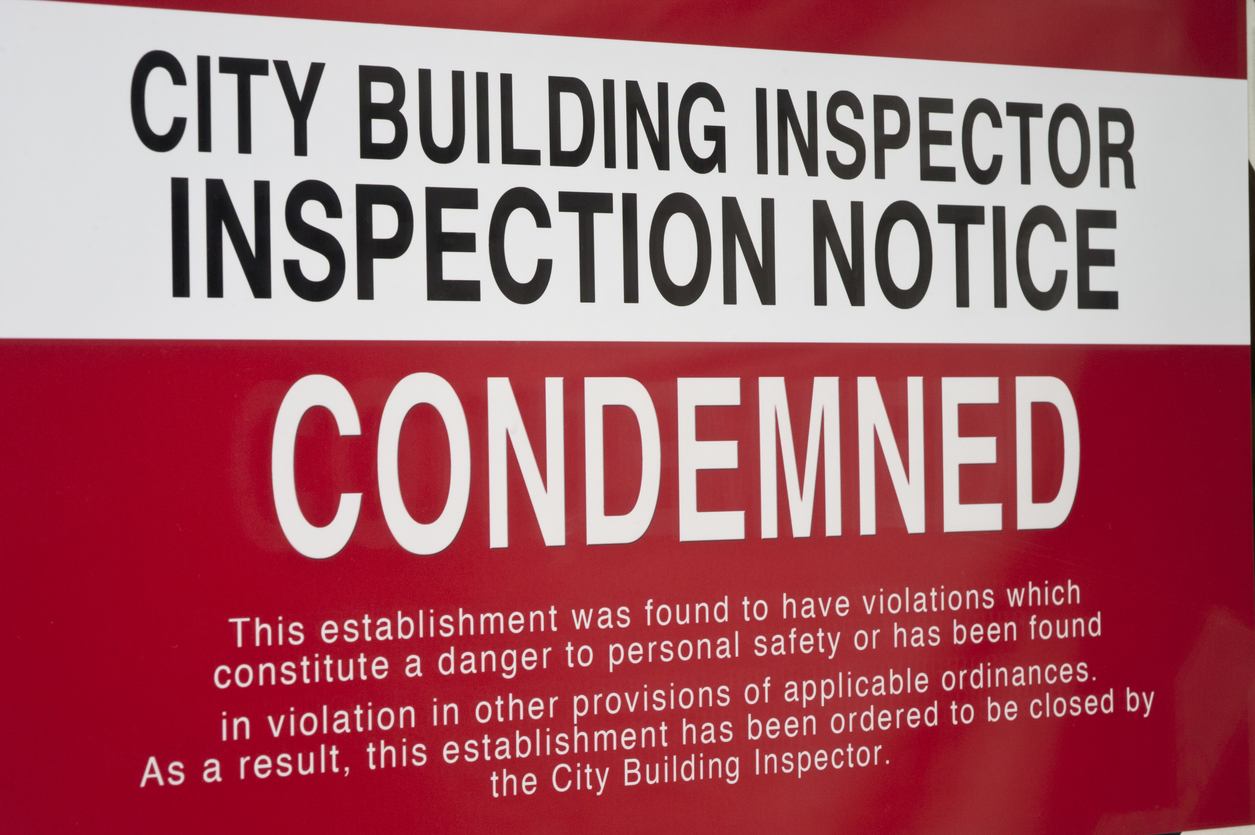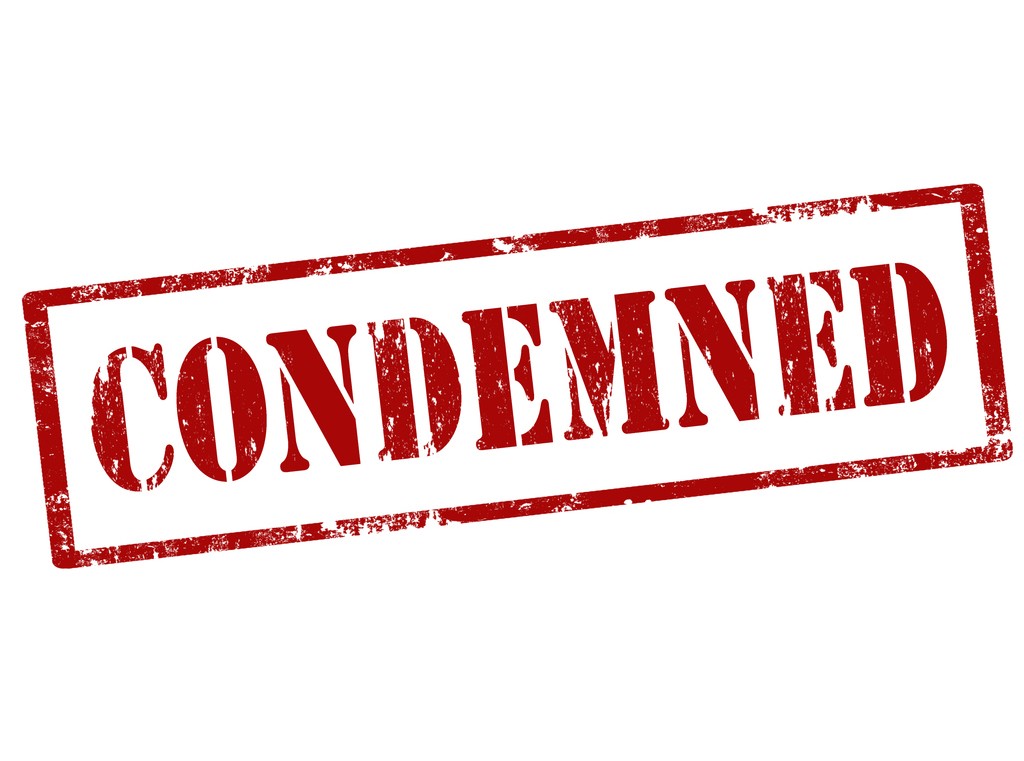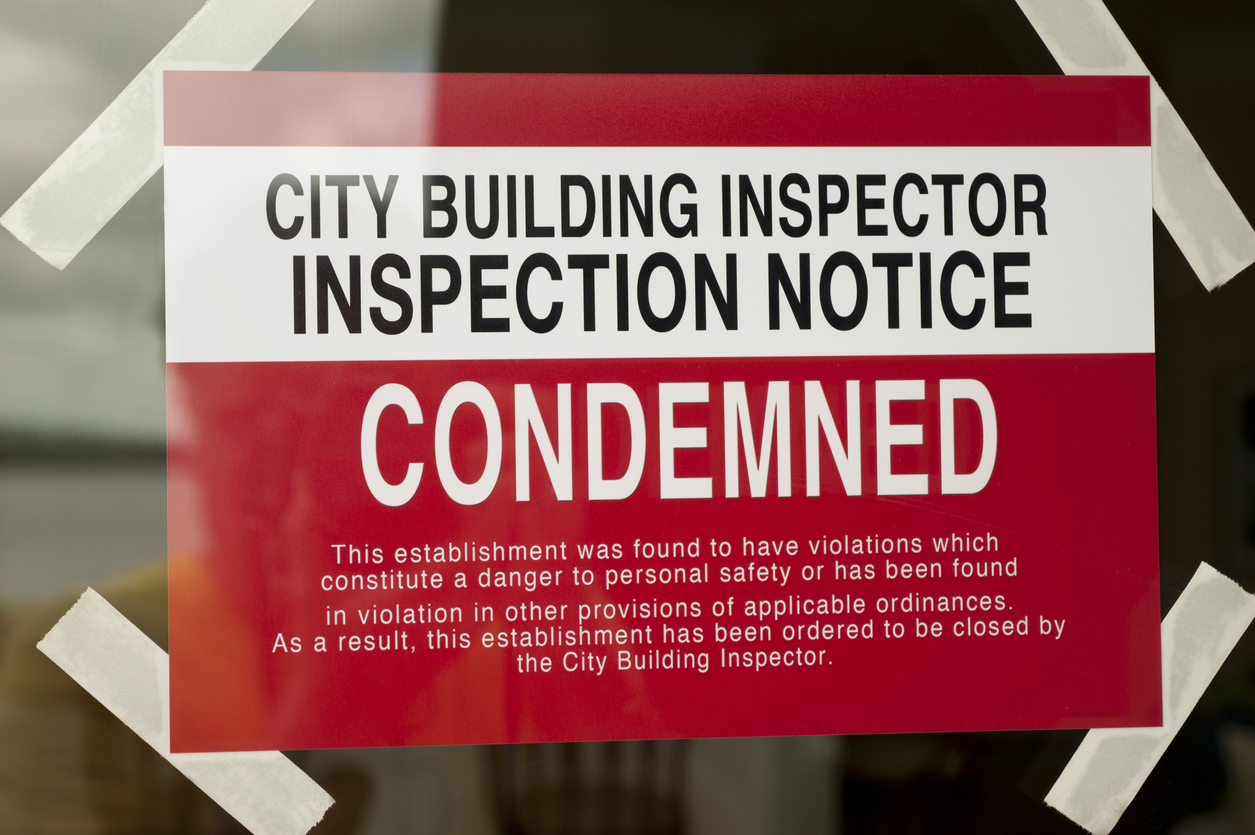Our law firm is holding an attorney retreat focusing on lessons learned from trials. If a policyholder wants to settle their claims for a full and fair value, hiring attorneys willing to take cases to trial and who will prepare them in a manner that insurance companies, their attorneys, and claims litigation managers respect is very important.
For me, it is humbling, instructive, and fun to be with so many great attorneys doing property insurance cases 24/7 and analyzing what we did well and can improve upon. The above picture is from the 1920s themed party—so the retreat also had a lot of fun outside the classroom.
One of the teachers was trial attorney James B. Lees. This was his second time teaching our firm about the skills and preparation of cases for trial. One point of emphasis Lees made was for us to continue seeking opinions about our case from focus groups and others outside of our law firm. Sometimes, we tend to get very caught up in the minutiae of case facts and miss how others may perceive those facts and evidence.
Lees also mentioned Rick Friedman as a trial attorney worthy of studying how to prepare an insurance claim case for trial. I mentioned Rick in a recent post: Merlin Law Group Wins Bad Faith Jury Verdict. Friedman emphasizes that insurance companies have rules for good faith adjustment duties that are not defined or even mentioned in the insurance contract. The only way the insurance product works properly is if the property insurance adjusters follow these obligations during the adjustment of the loss. Some insurance companies take these duties seriously and spend significant time training their adjusters on these good faith obligations, as I noted in Should Insurance Companies Have Claims Manuals Explaining Procedures and Standards for Adjustment?:
The best insurance companies train their adjusters constantly. Adjusting concepts are taught, repeated, and reinforced. I know that my rhetoric and that from my colleagues can be very pointed regarding any individual case or when claim decisions are being determined by economic considerations detrimental to a policyholder rather than the merit of a particular loss. As a result, many routine and very good claims practices are often never mentioned by anybody from the policyholder’s side. This is because it is easy to simply stereotype an opponent insurer rather than to understand, appreciate, and acknowledge meritorious and well meaning attempts at training and preparing adjusters to provide outstanding service to customers after a loss. Many of my policyholder colleagues do not appreciate that this effort exists in many claims departments because they do not take time to study claims management and adjustment.
Training the best adjustment processes is important to insurance companies trying to do right for their customers. Training the best methods for presenting, litigating, and taking a case to trial is important to property insurance lawyers trying to do right for their clients. It is an investment not seen by clients but certainly shows up in the results.
Thought For The Day
I’m lucky to be part of a team who help to make me look good, and they deserve as much of the credit for my success as I do for the hard work we have all put in on the training ground.
—Lionel Messi




